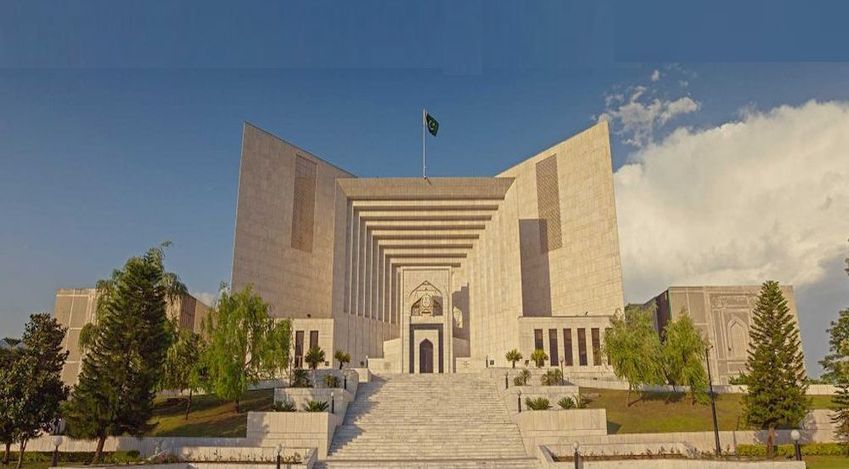The Taxpayers bear the Burden of Proof in Withholding Tax Cases and must justify Non-Deductions with Proper Disclosures --- Supreme Court of Pakistan
Islamabad 19-02-2025: In a significant ruling, the Supreme Court of Pakistan dismissed an appeal filed by M/s Chawala Footwear, Lahore, challenging a tax demand raised under Section 161 read with Section 205 of the Income Tax Ordinance, 2000. The judgment reinforces strict compliance with withholding tax provisions and clarifies the burden of proof on taxpayers in tax default cases.
The case revolved around the non-deduction of withholding tax by the taxpayer, which was categorized as a “prescribed person” under Section 153(7). The Federal Board of Revenue (FBR) had determined that M/s Chawala Footwear failed to meet its tax obligations, prompting a demand notice. The taxpayer argued that the demand was invalid as it did not comply with the principles laid down in MCB Bank Limited Vs. Commissioner Inland Revenue (2021 SCMR 1325).
The Supreme Court of Pakistan ruled that once tax authorities establish prima facie non-compliance, the burden shifts to the taxpayer to prove lawful tax deductions. Messrs Bilz (Pvt.) Ltd. Vs. Deputy Commissioner of Income-Tax, Multan (2002 PTD 1 = PLD 2002 SC 353).
The Court reaffirmed that tax authorities must have objective reasons before initiating action. The “test of objectiveness” was highlighted, ensuring that tax proceedings are not arbitrary.
- MCB Bank Limited Vs. Commissioner Inland Revenue (2021 SCMR 1325).
All payments must be declared, even if no tax is deducted, with justifications for exemptions clearly documented. The Court found that M/s Chawala Footwear failed to properly disclose its transactions, leading to a legitimate tax demand.
The notice issued to the taxpayer was not vague or speculative, as it detailed:
- Supplier names,
- Tax discrepancies,
- The basis for the tax demand.
- The Court held that the demand was legally valid and enforceable.
In a unanimous decision, the Supreme Court of Pakistan dismissed the appeal, upholding the FBR’s tax demand. The ruling emphasizes that:
- Failure to deduct tax constitutes default under Section 161, making the taxpayer liable.
- Tax notices need not specify every transaction recipient as long as they identify overall tax discrepancies.
Taxpayers must justify exemptions and deductions in tax filings, failing which demands will stand.
Powered by Froala Editor








